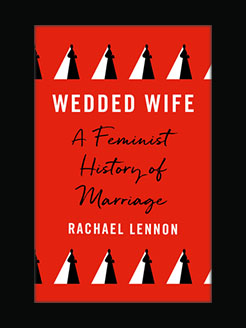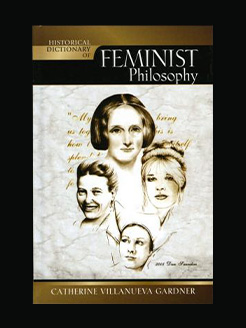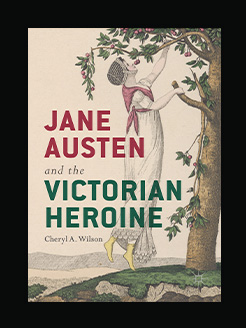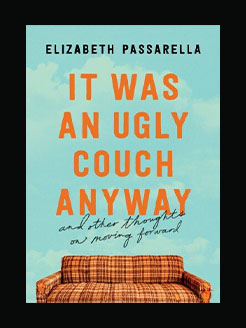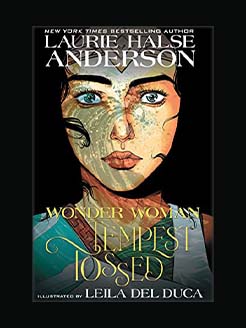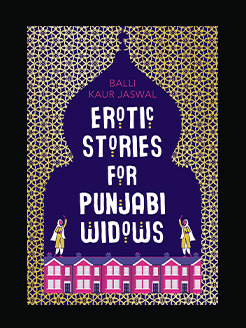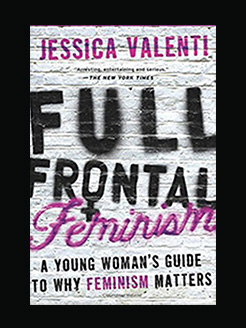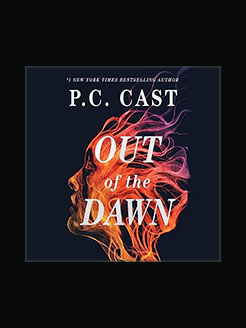Published in 2023
13 hours 37 minutes
Born in 1927, Anne de Courcy is a well-known writer, journalist and book reviewer. In the 1970s she was Woman’s Editor on the London Evening News until its demise in 1980, when she joined the Evening Standard as a columnist and feature-writer. In 1982 she joined the Daily Mail as a feature writer, with a special interest in historical subjects, leaving in 2003 to concentrate on books, on which she has talked widely both here and in the United States.
A critically-acclaimed and best-selling author, she believes that as well as telling the story of its subject’s life, a biography should depict the social history of the period, since so much of action and behaviour is governed not simply by obvious financial, social and physical conditions but also by underlying, often unspoken, contemporary attitudes, assumptions, standards and moral codes. Anne is on the committee of the Biographers’ Club; and a past judge of their annual Prize.
What is this book about?
Anne de Courcy, the author of Husband Hunters and Chanel’s Riviera, examines the controversial life of legendary beauty, writer and rich girl Nancy Cunard during her thirteen years in Jazz-Age Paris.
Paris in the 1920s was bursting with talent in the worlds of art, design and literature. The city was at the forefront of everything new and exciting; there was no censorship; life and love were there for the taking. At its center was the gorgeous, seductive English socialite Nancy Cunard, scion of the famous shipping line. Her lovers were legion, but this book focuses on five of the most significant and a lifelong friendship.
Her affairs with acclaimed writers Ezra Pound, Aldous Huxley, Michael Arlen and Louis Aragon were passionate and tempestuous, as was her romance with black jazz pianist Henry Crowder. Her friendship with the famous Irish novelist George Moore, her mother’s lover and a man falsely rumored to be Nancy’s father, was the longest-lasting of her life. Cunard’s early years were ones of great wealth but also emotional deprivation. Her mother Lady Cunard, the American heiress Maud Alice Burke (who later changed her name to Emerald) became a reigning London hostess; Nancy, from an early age, was given to promiscuity and heavy drinking and preferred a life in the arts to one in the social sphere into which she had been born. Highly intelligent, a gifted poet and widely read, she founded a small press that published Samuel Beckett among others. A muse to many, she was also a courageous crusader against racism and fascism. She left Paris in 1933, at the end of its most glittering years and remained unafraid to live life on the edge until her death in 1965.
Magnificent Rebel is a nuanced portrait of a complex woman, set against the backdrop of the City of Light during one of its most important and fascinating decades.
